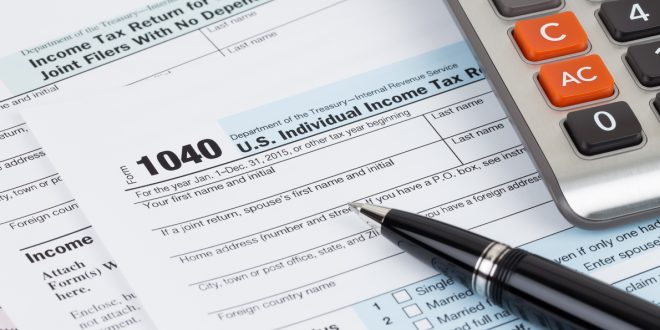If you’re in business for yourself, whether in basic self-employment such as a cab driver or freelancer or you’re engaged in something more involved – such as running a business selling products or services – then you’ll encounter business tax paperwork.
If you’ve previously worked as an employer – or maybe still will be if combining self-employed work with active status – you’ll have encountered paperwork such as these from IntuitMarket. As an employed person, you’ll possibly still use some of these (a 1099 form, for example) along with a tax return, a document that can strike fear into many.
Recording your income and expenses
Your tax return is the centerpiece of self-employment reporting for tax purposes and is what the IRS (Internal Revenue Service) will use to calculate your tax liability. Therefore, it needs to be filled in carefully and accurately, with all expenses recorded and supporting paperwork such as receipts and invoices included.
Income

Careful invoicing during the year will show how much you’ve taken as payments for services or products, and this becomes your gross profit; your income before expenses and costs have been taken into account.
If you have completed work for a company as an outside contractor or freelancer, then they will have issued you with a 1099 form. There are various versions of a 1099 way, and they cover all income ranging from pension payments, property income, and – in this case – payments from a company to non-employees who have completed work for them.
Ensure you have received one from each company you have done work for and that it correctly records the amount you were paid: the IRS also receives copies of these, so yours must tally with theirs.
Expenditure
You will inevitably incur costs in providing your service or products to customers, so these should be recorded carefully. Still, first, you need to know what are and are not allowable expenses.
They will vary depending on your business offering, and here you should seek the advice of a tax expert or an accountant, so you don’t miss out on claiming expenses from something that would have applied or – worse perhaps – arguing for a non-allowable payment.
An expert can help you determine what to claim for.
These expenses are deducted in whole or in part from your overall gross income for the year and the difference – your net profit – is what you’ll be taxed on.
How to declare taxes as a businessman for the first time
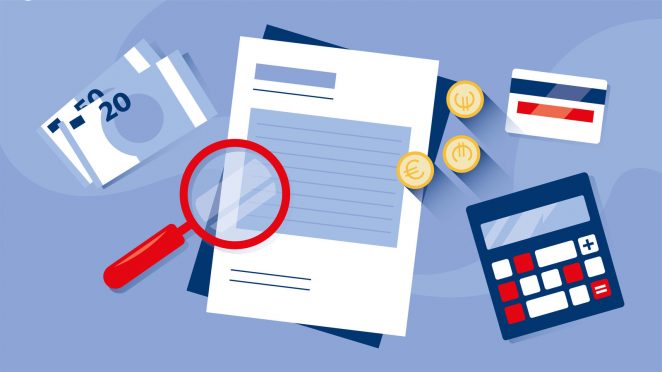
Everyone has to file taxes. Everyone must pay their equal share to the government, whether he is a citizen or not.
Filing taxes as an immigrant or entrepreneur can be intimidating. Anyway, it’s not as difficult as you think. Knowing how to complete the process for the first time will help you comply with tax regulations, and can even help you get a small business loan.
Whether you own a corporation, an LLC, or sole proprietorship, let’s see how you can file your taxes for the first time as an entrepreneur.
How to file taxes as an entrepreneur for the first time
After choosing tax software, it is time to start preparing to declare. To get started, make sure your business information is up to date. If you work with independent contractors, also review their data.
Then, you must gather all your necessary tax documents. That includes things like your EIN, SSN, receipts, invoices, account statements, payroll records, and more. The specific materials depending on the type of business you operate, which we will discuss later in this article.
Remember also to check possible deductions, extensions, and refunds. Business expenses can often be deductible, which can save you a lot of money when filing your taxes.
Finally, consult a lawyer or professional accountant to ensure that you comply with all tax laws.
How to declare your quarterly taxes for the first time
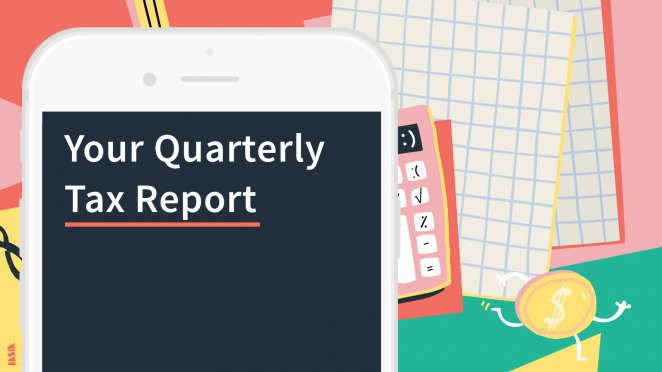
If you are an independent contractor or a sole proprietor, you must file quarterly taxes because your taxes are not deducted from your payment, as would happen if you were a W-2 employee. Therefore, you must pay estimated taxes every three months.
Based on your adjusted gross income, you should know how much you owe precisely. Your payments will depend on how much money you expect to earn during the fiscal year.
Take your adjusted gross income and multiply it by your tax rate according to the 2019 tax rates. After that, divide this number by four to get the amount of your quarterly payment.
To file quarterly taxes, complete Form 1040-ES. You can pay using the IRS online payment platform, but if you pay directly from your bank account, there will be no charge. However, you will have to pay a small fee if you use a credit card.
Paying quarterly taxes is very important since you can be subject to fines if you don’t pay them on time.
How to file taxes if you are a sole proprietor
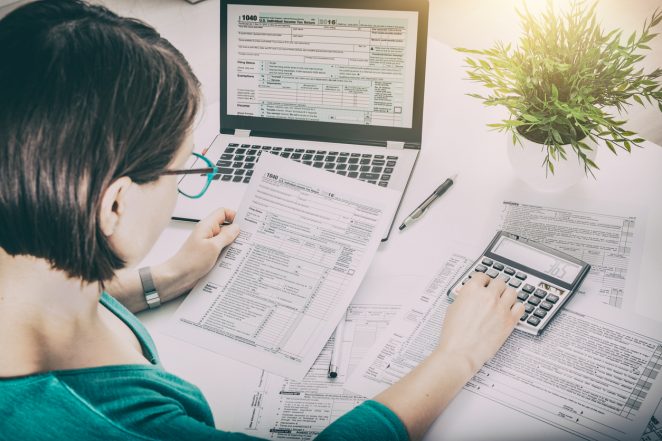
If that is the case, you will present your taxes as an LLC with only one owner.
That means that you must complete an Annex C to report your income and expenses. Annex SE is used to calculate the amount you have to pay from Social Security and Medicare.
If you hired a contractor and paid at least $ 600, you must also complete Form 1099-MISC to report this expense.
Finally, Form 1099-K is where the income of a third party, transactions made with credit and debit cards, and payments made with PayPal are reported. Online sellers must complete a specific form.
To maximize your deductions, you should collect receipts for business-related expenses, such as mileage, travel expenses, equipment, and more.
Who needs to file a tax return?
Most businesses or self-employed people bar those generating next to no income basically: if your net earnings were $400 or more, you’d need to file – even in some cases those earning less than $400 may need to complete and submit a return.
The self-employment tax
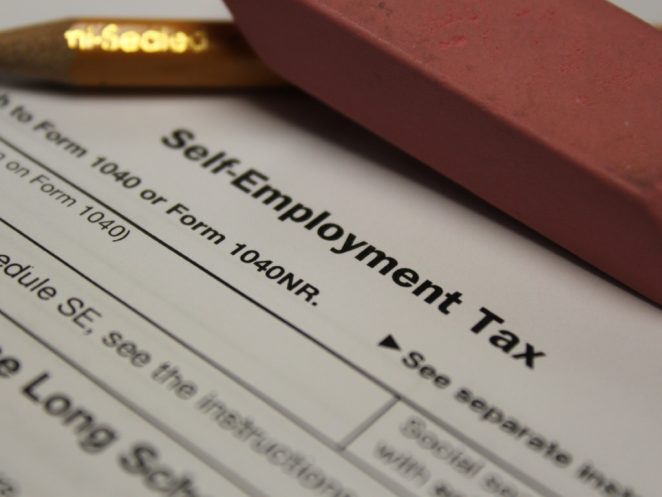
The self-employment tax covers Medicare and social security taxes that would usually be deducted at source by an employer when you’re working for someone else: as a self-employed person, these fall on you to pay.
This tax naturally varies based on your overall profit and is currently 15.3 percent.
It’s time to file your taxes
Learning to file taxes for the first time may seem intimidating, but it doesn’t have to be. As an entrepreneur, it is incredibly important to learn how to file taxes to comply with tax laws.
You can file your taxes as a small business owner quickly, accurately, and efficiently if you follow the steps listed above.
 Vermont Republic Second Vermont Republic
Vermont Republic Second Vermont Republic
